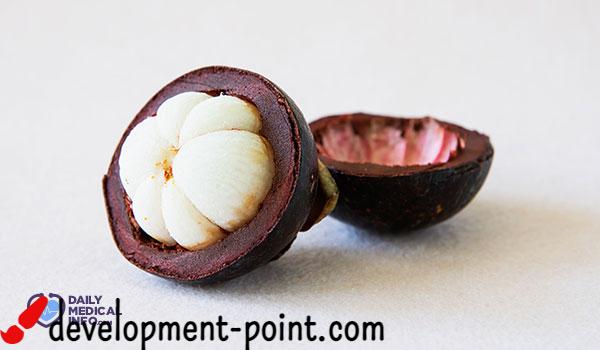Methods of treating preeclampsia and its complications
Preeclampsia is a complication of pregnancy, characterized by very high blood pressure and signs of damage to other organs such as the liver and kidneys. Preeclampsia usually occurs after the 20th week (rarely before).
If preeclampsia is not treated immediately, it can lead to serious complications that may kill the mother and fetus, and childbirth is usually the best solution, however it may take several weeks to fully recover from it.
But if the diagnosis was made during periods of incomplete growth of the fetus yet; You and your doctor may face some treatment challenges to avoid any health problems and complications. In this article, we will know the most important methods of treatment, read the following lines.
Preeclampsia treatment
The most effective treatment for pre-eclampsia is childbirth, as a pregnant woman is at risk of convulsions, placental abruption, clots, and severe bleeding as long as blood pressure is still high and uncontrolled, but childbirth may not be an appropriate solution, of course, if the condition is diagnosed in the early weeks. The growth of the fetus has not yet been completed, and from here the doctor will begin to follow other treatment protocols.
Treatment depends on the severity of the condition, for example; If you only suffer from high blood pressure, without any signs of pre-eclampsia, what you can do is follow the doctor’s instructions literally, adhere to the dates of visits that he sets for you, and undergo all the examinations that he will ask of you, but if you are diagnosed with pre-eclampsia Severe, you may be followed up in the hospital until the delivery is safe.
Follow-up and preeclampsia tests
While you are in the hospital, some vital functions for you and the fetus will be monitored through some examinations, the most important of which are:
- Check blood pressure periodically, to detect any abnormal rise.
- Urinalysis, to measure protein levels.
- Various blood tests to follow up on many vital functions, such as analyzing liver function and kidney function.
- Ultrasound, to check the extent of blood flow to the placenta, follow the growth of the fetus, and note its breathing rate and movements.
- Checking the fetal heart rate.
Preeclampsia medication
The doctor may prescribe some pharmacological treatments, depending on the condition of each patient, and the medications include the following:
- Medicines to treat high blood pressure during pregnancy: The doctor prescribes medicines to lower blood pressure, which reduce the risk of other complications such as strokes.
- Anticonvulsant drugs: These drugs can be prescribed in advanced cases of pre-eclampsia to avoid seizures.
- Cortisone: Corticosteroids may be prescribed for severe cases of pre-eclampsia.
Comforts
Previously, complete rest and complete bed commitment were among the recommended treatment methods for women suffering from pre-eclampsia, but some research has shown that it may increase the risk of blood clots, and it will also affect the psychological and social health of the pregnant woman, although rest is required, However, you should not remain confined to bed and should move in moderation.
Birth
If you are diagnosed with this condition in the last weeks of pregnancy, the doctor may suggest the best solution. Not the birth. The doctor may notice some natural physiological changes in the cervix that indicate the approaching date of childbirth and labor, and an artificial labor may be given. Magnesium sulfate to avoid its occurrence during childbirth.
It may take some time after delivery for your blood pressure to return to normal levels and for other symptoms of preeclampsia to disappear.
Treatment of preeclampsia after childbirth
It is possible for a woman to develop pre-eclampsia after childbirth, which is a rare condition that can develop between 48 hours to 6 weeks after delivery, and the infected woman must undergo health care quickly to avoid complications.
Preeclampsia can be treated after a cesarean or natural delivery by prescribing some medications, which include blood pressure lowering medications, seizure medications, and liquidity medications to avoid the formation of clots. Of course, the doctor will consider prescribing appropriate medications during the lactation period.
Treatment of complications of preeclampsia
Two known serious pre-eclampsia conditions unite:
- EclampsiaIt is the occurrence of convulsions, and it is an emergency situation that requires immediate transfer to the hospital to stop the convulsions, lower the blood pressure, and give birth as soon as possible. In that case, the mother is given magnesium sulfate medicine to treat the convulsions and prevent them in the future, and she is also given drugs to lower the pressure.
- HELLP SyndromeIt is a more serious and life-threatening condition that may lead to liver or kidney failure. Immediately after developing this syndrome, the mother is given the same previous medications, in addition to cortisone injections that help in the growth of the fetus’s lungs, in addition to blood transfusions to treat anemia and platelet deficiency.

